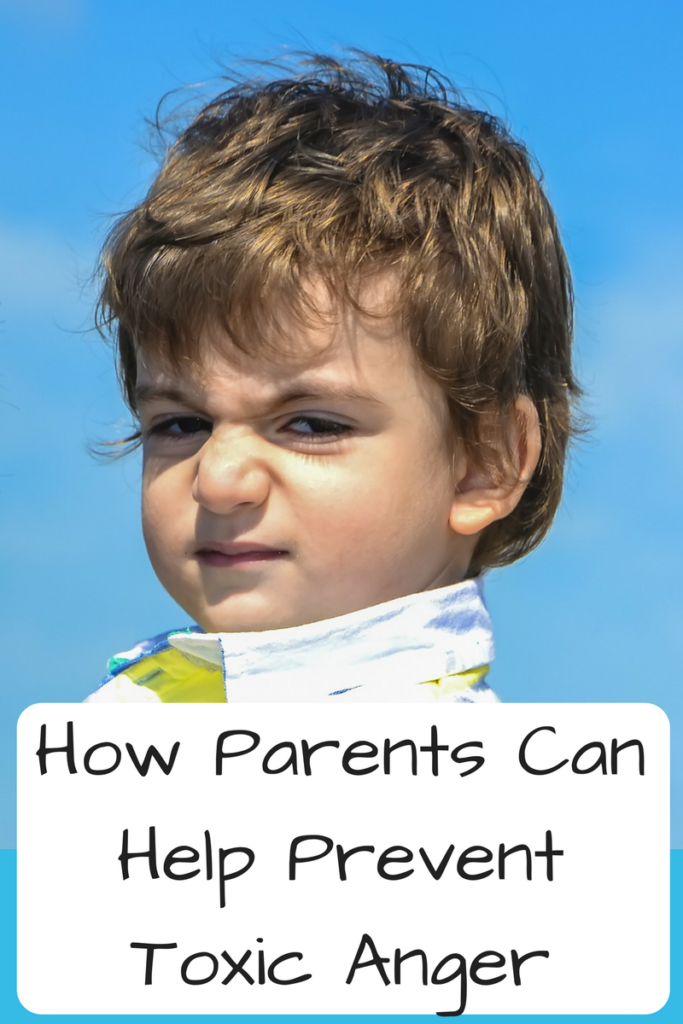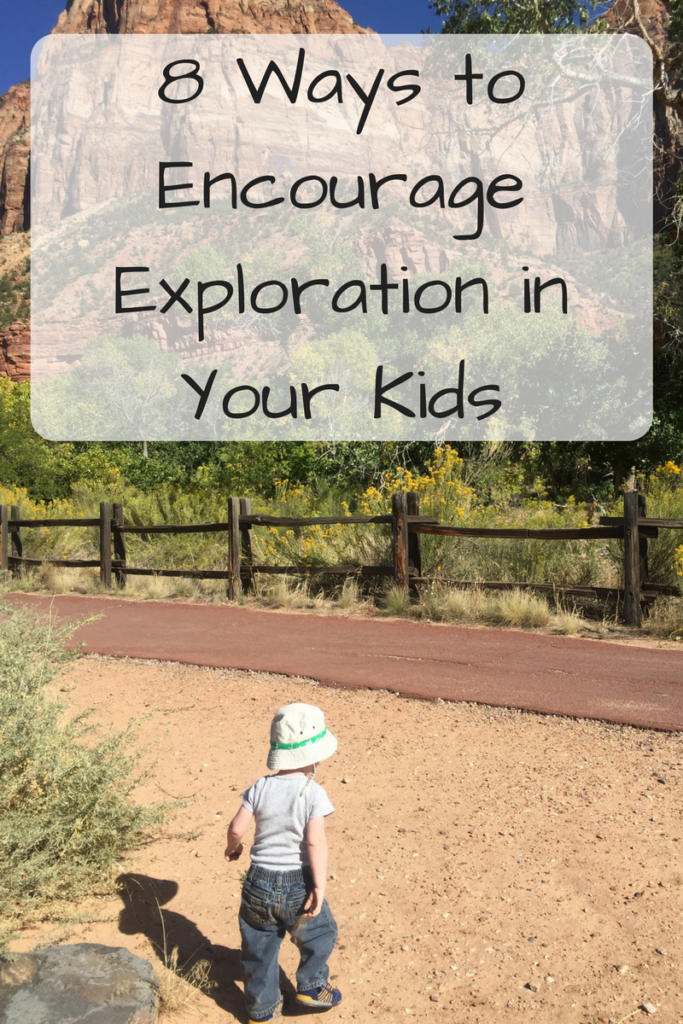Worried about toxic anger in children and society today? Here are five steps towards supporting the kids around you in ways that will help them learn how to manage emotions in a healthy way.

Content warning: School and other mass shootings, domestic abuse
“That could have been our school,” I said, blinking, my breath catching in my throat. I think the first time I uttered that phrase was after the Columbine shooting in 1999, where two kids killed 12 students and one teacher. At the time, I was a junior in a large suburban, middle-class high school – one suspiciously like Columbine.
Back then, I didn’t think that I could be repeating that phrase so often as an adult. How I could have said it nine times in 2017 or a horrifying seven times by February of 2018 alone.
Like after every mass shooting, there’s endless discussions about how to prevent another one. Sadly, “thoughts and prayers” won’t cut it. I’m a huge proponent of gun control, especially bans on high-caliber automatic rifles and access to them for domestic abusers and others with violent histories. If you agree with me, I strongly recommend going over to Everytown for Gun Safety’s website and supporting that organization however you can.
But there’s another major factor that doesn’t get talked about enough: toxic masculinity and the anger that goes with it. In the wake of these shootings, people constantly talk about improving our mental health system. But the vast majority of people committing these crimes aren’t suffering from depression, anxiety, schizophrenia or other diseases we associate with mental health.
No, they’re suffering from anger. Uncontrolled, unstoppable anger. Rage.
